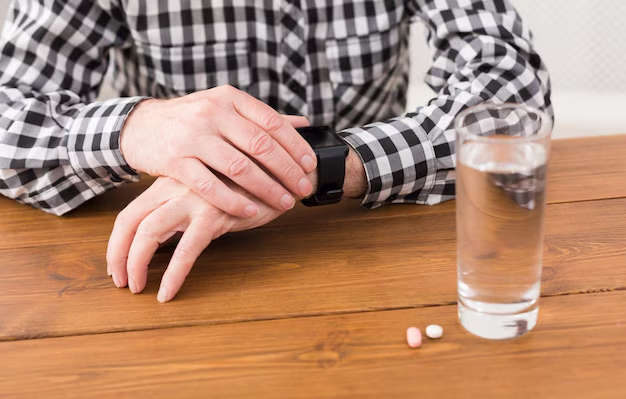Your Guide to Can Drinking Alcohol Cause Diabetes
What You Get:
Free Guide
Free, helpful information about Diabetes FAQ and related Can Drinking Alcohol Cause Diabetes topics.
Helpful Information
Get clear and easy-to-understand details about Can Drinking Alcohol Cause Diabetes topics and resources.
Personalized Offers
Answer a few optional questions to receive offers or information related to Diabetes FAQ. The survey is optional and not required to access your free guide.
Does Alcohol Consumption Increase Your Diabetes Risk?
Many of us enjoy the occasional drink, particularly at social gatherings, or to unwind after a long day. However, with the increasing prevalence of diabetes, it's worth considering whether our drinking habits might be putting us at greater risk. Can drinking alcohol cause diabetes? The relationship between alcohol consumption and diabetes is complex but worth exploring.
Understanding the Connection Between Alcohol and Diabetes
Diabetes, a chronic condition characterized by high blood sugar levels, comes in predominantly two types: Type 1 and Type 2. While alcohol's direct connection to Type 1 diabetes isn't significant, it does have an interesting relationship with Type 2 diabetes, which accounts for over 90% of all diabetes cases.
Alcohol's Impact on Blood Sugar
Alcohol can have varied effects on blood sugar levels, depending on the amount consumed, type of drink, and individual metabolic responses. Moderate drinking might have a protective effect, sometimes noted to improve insulin sensitivity and therefore potentially lower the risk of Type 2 diabetes. However, heavy consumption can lead to increased calorie intake, weight gain, and subsequently, higher diabetes risk. Here are some key points to consider:
- Short-term Effects: Alcohol can cause both high and low blood sugar episodes. Drinking on an empty stomach, particularly among those taking insulin or diabetes medication, may lead to dangerous hypoglycemia (low blood sugar).
- Long-term Effects: Consistent heavy drinking is linked to an increase in body weight, liver damage, and insulin resistance, all contributors to diabetes development.
Moderation is Key
Studies suggest that moderate drinking, defined as up to one drink per day for women and up to two for men, may not increase diabetes risk and may even offer some benefits. However, what's crucial is staying aware of how different alcoholic beverages impact your body:
- Beer and sweet wines are higher in carbohydrates, affecting blood sugar significantly.
- Spirits or hard liquors, when consumed responsibly without high-calorie mixers, might have a lesser immediate impact.
Steps Towards Better Health
Understanding the complexities of alcohol and its influence on diabetes risk underscores the importance of moderate consumption. But what if you're already managing diabetes or are worried about potential financial implications due to health concerns? Financial or educational resources can help you stay on top of your health without breaking the bank.
Exploring Financial Relief and Educational Opportunities
Living with diabetes or preventing it effectively also involves managing potential financial burdens. Here’s a list of helpful resources that can ease some of these stressors:
- 💰 Government Aid Programs: Check eligibility for healthcare assistance and diabetes management programs.
- 📈 Debt Relief Options: Consider debt consolidation services if medical expenses accumulate.
- 💳 Credit Card Solutions: Look into credit cards with low interest rates for better management of unexpected medical costs.
- 🎓 Educational Grants: Explore grants or scholarships designed for those pursuing healthcare-focused studies, which may include diabetes care.
- 👩⚕️ Community Health Resources: Seek support groups and community clinics providing free or low-cost diabetes management workshops.
Ultimately, while alcohol doesn't automatically lead to diabetes, responsible drinking combined with the right financial tools can significantly influence overall health management. As you enjoy life's offerings, knowing when to seek help with financial resources ensures you're prepared, informed, and empowered to make healthier choices.
What You Get:
Free Diabetes FAQ Guide
Free, helpful information about Can Drinking Alcohol Cause Diabetes and related resources.

Helpful Information
Get clear, easy-to-understand details about Can Drinking Alcohol Cause Diabetes topics.

Optional Personalized Offers
Answer a few optional questions to see offers or information related to Diabetes FAQ. Participation is not required to get your free guide.


